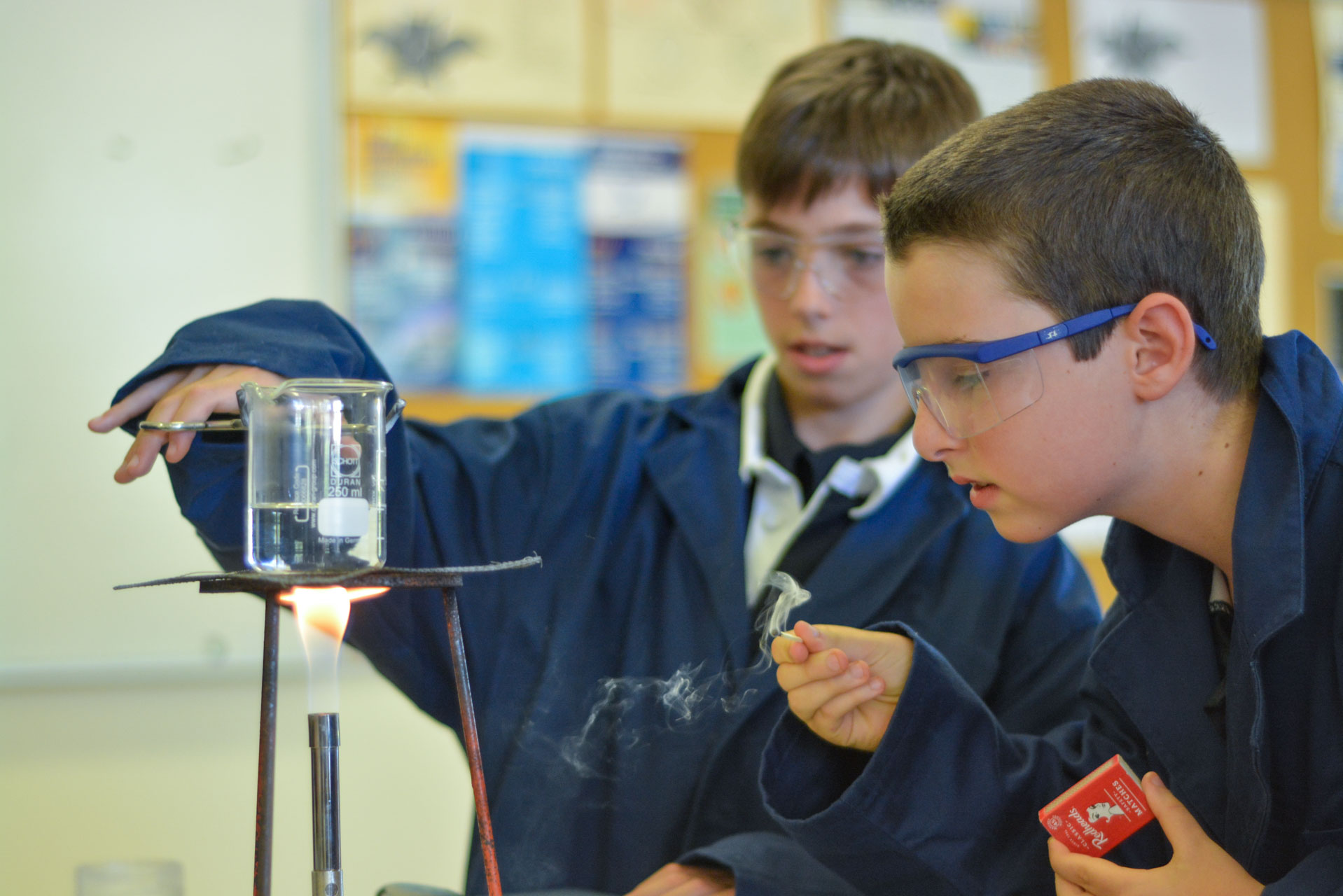VCE FL/VM SCIENCE ELECTIVES
VCE PSYCHOLOGY
Psychology is a multifaceted discipline that seeks to describe, explain, understand and predict human behaviour and mental processes.
It includes many sub-fields of study that explore and seek to better understand how individuals, groups, communities and societies think, feel and act. VCE Psychology applies a biopsychosocial approach to the systematic study of mental processes and behaviour.
The study is made up of four units, framed to answer the following questions:
Unit 1: How are behaviour and mental processes shaped?
Unit 2: How do internal and external factors influence behaviour and mental processes?
Unit 3: How does experience affect behaviour and mental processes?
Unit 4: How is mental wellbeing supported and maintained?
Unit 3: How does experience affect behaviour and mental processes?
In this unit, students investigate how the human nervous system enables a person to interact with the world around them, considering the contribution of classical and contemporary research.
They explore how stress may affect a person’s psychological functioning, consider stress as a psychobiological process, and relationship between the gut and the brain in psychological functioning. Students also investigate how mechanisms of learning and memory lead to the acquisition of knowledge and the development of new and changed behaviours.
They consider models to explain learning and memory and brain regions involved in memory.
Students investigate Aboriginal and Torres Strait Islander peoples’ use of place as a repository of memory.
Unit 4: How is mental wellbeing supported and maintained?
In this unit, students explore the demand for sleep and the influences of sleep on mental wellbeing. They also study the impact that changes to a person’s sleep-wake cycle and sleep hygiene have on psychological functioning and consider the contribution that classical and contemporary research has made to the understanding of sleep.
Students explore the concept of mental wellbeing as a continuum and apply a biopsychosocial approach, as a scientific model, to understand specific phobia. They explore how mental wellbeing can be supported by considering the importance of biopsychosocial protective factors and cultural determinants as integral to the wellbeing of Aboriginal and Torres Strait Islander peoples.

